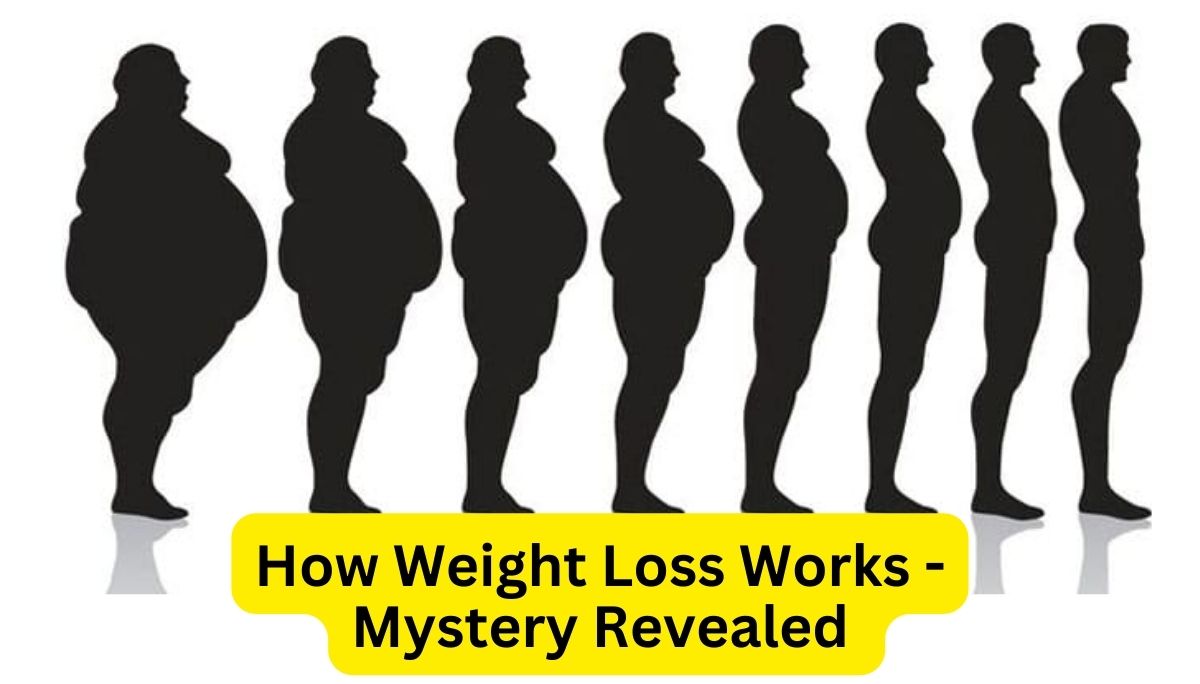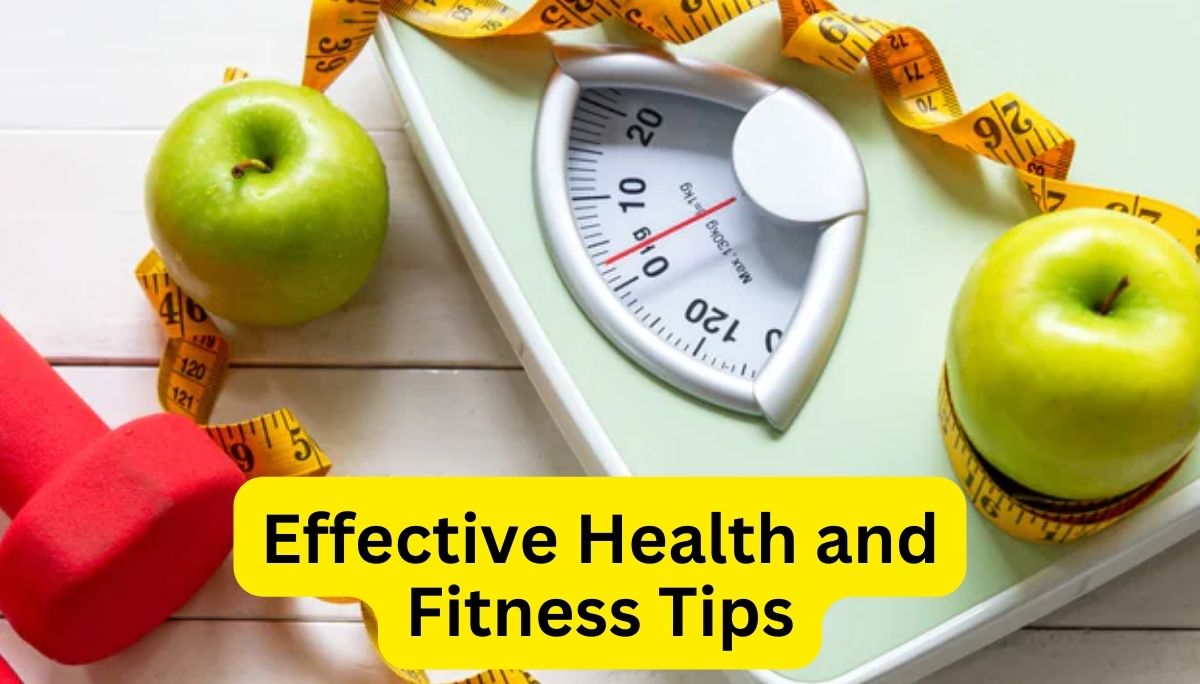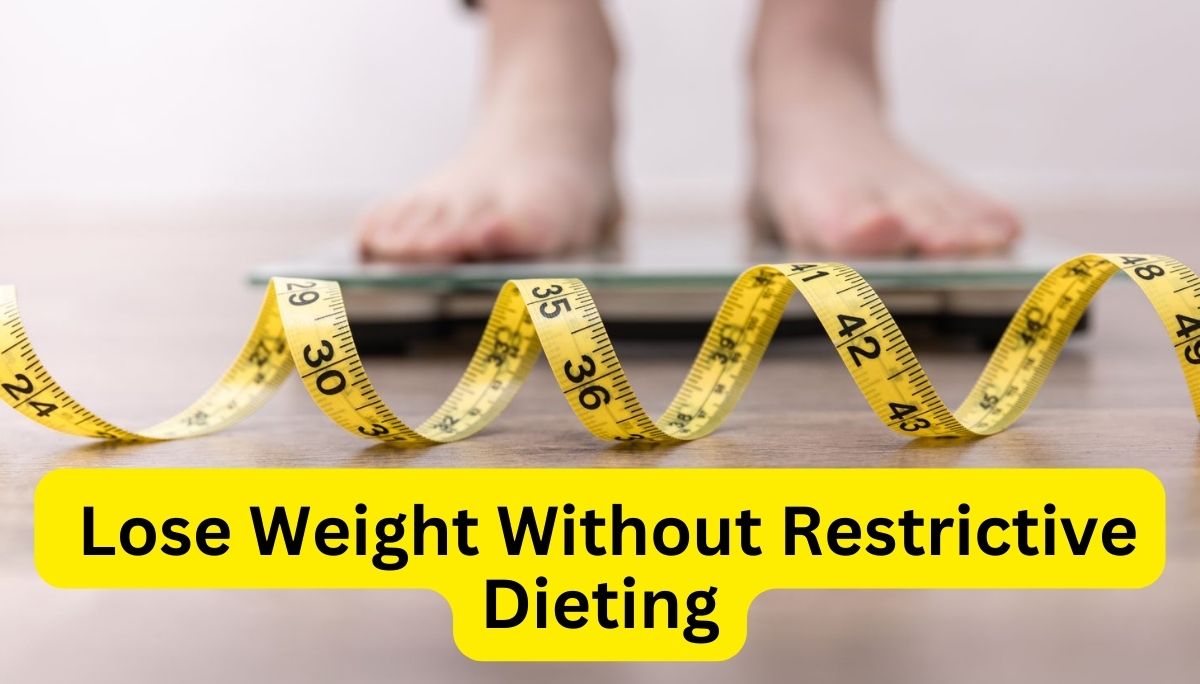How Weight Loss Works – Understanding the Complex Mechanisms and Processes Behind – Mystery Revealed
weight loss journey can feel like navigating a labyrinth of conflicting information and strategies. From trendy diets to miracle supplements, the world of weight loss is filled with myths and misconceptions. In this comprehensive guide, we’ll demystify the process of weight loss and explore the science behind it. So, let’s dive in and uncover the truth about how weight loss works.

Table of Contents
Understanding the Basics
Weight loss is a topic that has captivated the attention of millions worldwide. Whether you’re looking to shed a few pounds or embark on a transformative journey, understanding the fundamentals of how weight loss works is crucial for achieving sustainable results.
At its core, weight loss is a journey of creating a calorie deficit, where you burn more calories than you consume. However, the process is not as simple as it may seem, as it involves a delicate interplay of various factors, including your metabolism, hormones, and lifestyle habits.
Calories In, Calories Out
The concept of “calories in, calories out” is often cited as the foundation of weight loss. To lose weight, you need to create a calorie deficit by consuming fewer calories than your body burns through daily activities and exercise.
While this principle holds true, it’s important to note that not all calories are created equal. The quality of the calories you consume, as well as the macronutrient composition (protein, carbs, and fats) of your diet, also plays a significant role in weight loss and overall health.
To kickstart your weight loss journey, consider tracking your calorie intake and expenditure using apps or online tools like the USDA’s SuperTracker. This can help you gain insight into your eating habits and make informed adjustments to create a sustainable calorie deficit.
The Role of Metabolism
Your metabolism is the engine that drives your body’s energy-burning processes. A faster metabolism can help you burn more calories, even at rest, while a slower metabolism can make weight loss more challenging.
Factors such as age, genetics, muscle mass, and hormonal imbalances can influence your metabolic rate. However, there are steps you can take to give your metabolism a boost, such as:
- Strength training to build lean muscle mass
- Staying hydrated and consuming enough protein
- Getting enough sleep and managing stress levels
For a deeper understanding of metabolism and weight loss, check out this article from the Harvard Health Publishing.
Importance of Mindset and Lifestyle
While diet and exercise are crucial components of weight loss, the mental and emotional aspects of the journey are often overlooked. Adopting a positive mindset, cultivating self-compassion, and embracing lifestyle changes are essential for sustainable success.
Surround yourself with a supportive network, celebrate small victories, and reframe setbacks as learning opportunities. Additionally, prioritize self-care practices like stress management, adequate sleep, and mindfulness to create a holistic approach to weight loss.
Remember, weight loss is not a sprint; it’s a marathon. By making gradual, sustainable lifestyle changes and fostering a growth mindset, you can develop healthy habits that will serve you long after reaching your desired weight.
Frequently Asked Questions: How Weight Loss Works
Q: Can I lose weight without counting calories?
A: While calorie tracking can be helpful, it’s not essential for everyone. You can achieve weight loss by focusing on portion control, choosing nutrient-dense foods, and being mindful of your hunger and fullness cues.
Q: How much weight can I realistically expect to lose per week?
A: A safe and sustainable rate of weight loss is typically 1-2 pounds per week. Rapid weight loss can be challenging to maintain and may lead to adverse health effects.
Q: Is it better to focus on diet or exercise for weight loss?
A: Both diet and exercise are essential components of a successful weight loss journey. A balanced approach that combines a calorie-controlled diet with regular physical activity is recommended for optimal results.
Q: Can stress affect weight loss efforts?
A: Yes, chronic stress can disrupt hormonal balance and promote weight gain or hinder weight loss efforts. Incorporating stress management techniques, such as meditation, yoga, or counseling, can help mitigate these effects.
Q: Do I need to follow a specific diet to lose weight?
A: There is no one-size-fits-all diet for weight loss. Focus on creating a calorie deficit by consuming fewer calories than your body expends while prioritizing nutrient-dense foods for overall health and well-being.
Q: How much weight can I expect to lose each week?
A: The rate of weight loss varies from person to person and depends on factors such as your starting weight, calorie deficit, and level of physical activity. A safe and sustainable rate of weight loss is generally considered to be 1-2 pounds per week.
Q: Can supplements help with weight loss?
A: While some supplements may claim to aid in weight loss, there is limited scientific evidence to support their effectiveness. Focus on making lifestyle changes such as adopting a balanced diet and increasing physical activity for long-term weight loss success.
Q: Is it possible to target specific areas for weight loss?
A: Unfortunately, you cannot target specific areas for weight loss. When you lose weight, your body burns fat from various areas in a pattern determined by genetics and other factors. However, targeted strength training can help tone and shape specific muscle groups.
Achieving lasting weight loss is a journey that requires patience, perseverance, and a holistic approach. By understanding the basic principles of calories, metabolism, and mindset, and incorporating sustainable lifestyle changes, you can unlock the secrets to sustainable






